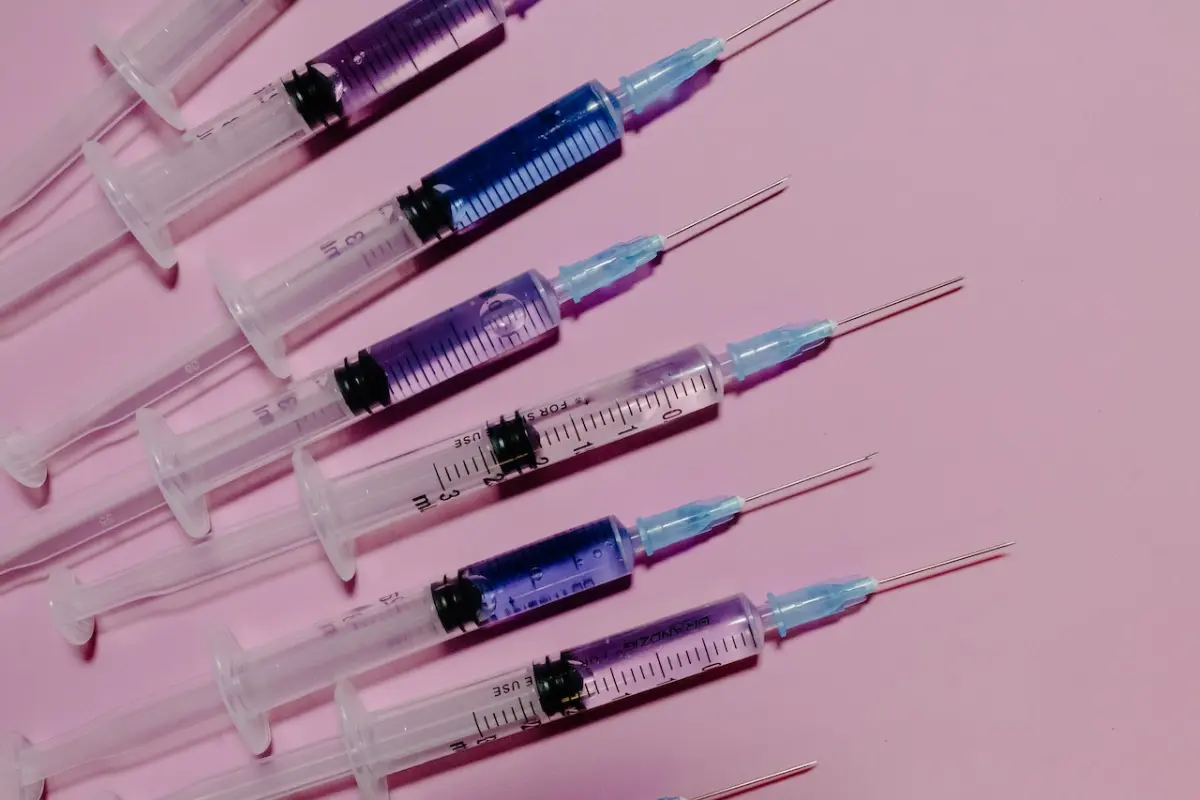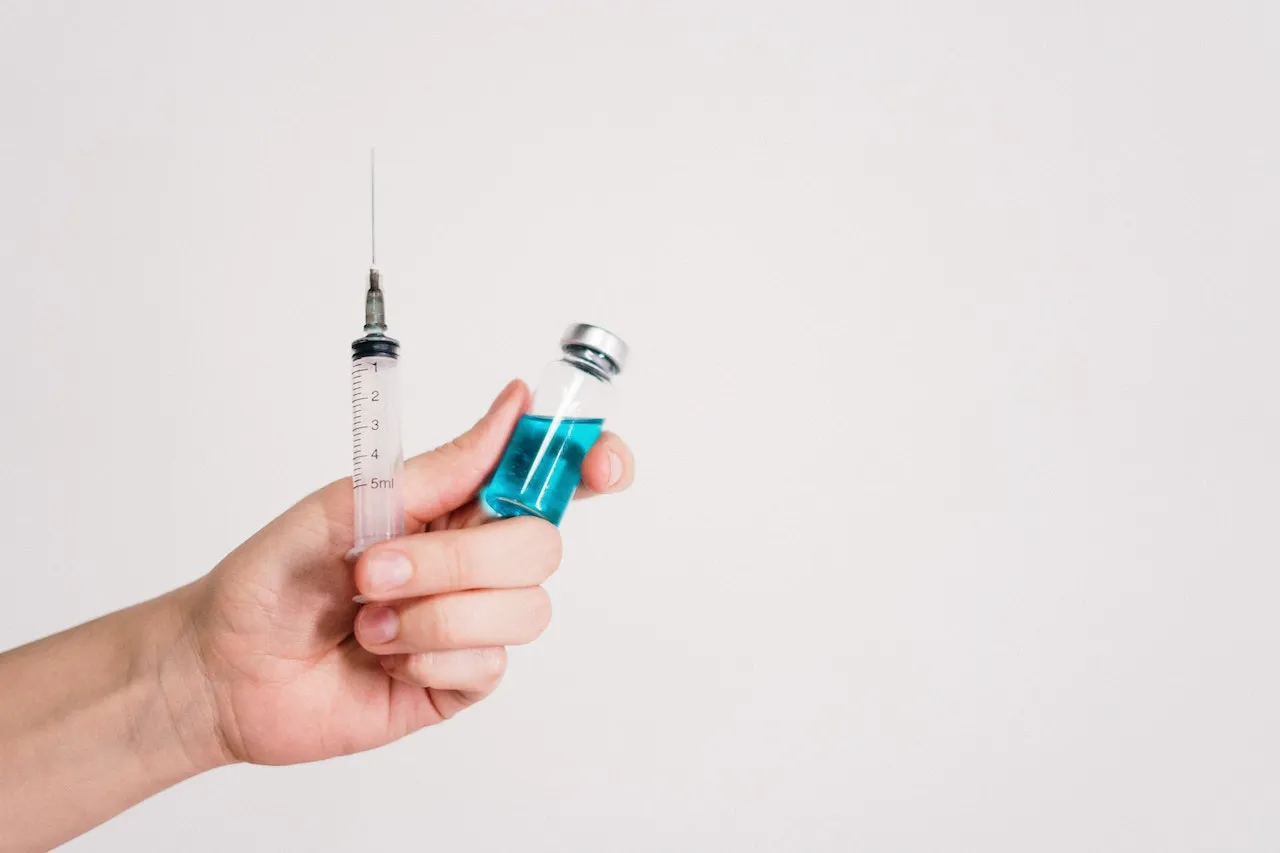Now that you’ve decided to adopt this animal as a pet, you should probably wonder and ask “Does Ferret Need Vaccination?” Yes, Ferret Vaccination Shots are important as they do need the shots to protect them from certain diseases and to maintain their overall health. Vaccinations are important for ferrets as they help to prevent the spread of harmful diseases and ensure a healthy, happy life for your pet.
Why They Need Vaccination Shots
Vaccinations play a vital role in keeping your ferret healthy by protecting them from various diseases. Some of these diseases can be life-threatening, while others can cause severe illness, leading to long-term health issues. Vaccinating your ferret not only helps to ensure their well-being but also helps prevent the spread of diseases to other animals and, in some cases, humans.
Vaccinations are essential for ferrets for several reasons:
- Prevention of diseases: Vaccines help to protect ferrets from contracting various diseases that can be life-threatening or cause severe illness.
- Reducing the spread of diseases: Vaccinating your ferret can help prevent the spread of diseases to other animals, including other ferrets, as well as humans in some cases.
- Compliance with local regulations: Some areas may have specific laws or regulations requiring ferret owners to vaccinate their pets.
- Travel requirements: If you plan to travel with your ferret, having them vaccinated may be a requirement for entry to certain countries or states.

Types of Vaccines for Ferrets
There are two primary vaccines recommended for ferrets:
1. Canine Distemper Vaccine
Canine distemper is a highly contagious and potentially fatal viral disease that affects ferrets. The symptoms of canine distemper in ferrets include fever, lethargy, loss of appetite, coughing, nasal and eye discharge, vomiting, diarrhea, and seizures. There is no cure for canine distemper, and it can be fatal in ferrets.
The canine distemper vaccine is essential for protecting your ferret from this deadly disease. This vaccine is typically given as a series of shots, with the first shot administered when the ferret is around 6-8 weeks old, followed by booster shots every 3-4 weeks until the ferret is 14-16 weeks old. After the initial series, ferrets should receive a booster shot annually.
2. Rabies Vaccine
Rabies is a viral disease that affects the central nervous system and can be transmitted to ferrets through the bite of an infected animal. Rabies is almost always fatal once symptoms appear, and it can also be transmitted to humans.
The rabies vaccine is crucial for protecting your ferret from this deadly disease. The vaccine is typically given when the ferret is around 3-4 months old, and then a booster shot is administered annually.
Ferrets Vaccination Schedule
The vaccination schedule for ferrets is as follows:
- 6-8 weeks old: First canine distemper vaccine
- 9-11 weeks old: Second canine distemper vaccine
- 12-14 weeks old: Third canine distemper vaccine
- 14-16 weeks old: Fourth canine distemper vaccine
- 3-4 months old: Rabies vaccine
- Annually: Canine distemper and rabies booster shots
It is essential to consult with your veterinarian about the specific vaccination needs of your ferret. They can provide you with the most up-to-date information on the vaccines available and the recommended vaccination schedule for your pet.
Other Considerations
- Vaccine Reactions: Some ferrets may experience mild side effects after receiving a vaccination, such as soreness at the injection site, mild fever, or lethargy. These side effects are usually short-lived and not a cause for concern. However, if your ferret experiences more severe side effects or an allergic reaction, contact your veterinarian immediately.
- Vaccination Records: Keep a record of your ferret’s vaccinations, including the dates they were administered and any relevant information about the vaccine. This information can be useful for future veterinary visits and when traveling with your pet.
- Veterinary Care: Regular veterinary check-ups are essential for maintaining your ferret’s overall health. Your veterinarian can monitor your ferret’s health, address any concerns, and ensure they are up-to-date on their vaccinations.
- General Health Care: In addition to vaccinations, proper care for your ferret includes providing a balanced diet, a clean and comfortable living environment, and mental and physical stimulation through play and socialization.
Wrapping up
Vaccinations play a crucial role in maintaining your ferret’s health and well-being. By following the recommended vaccination schedule and consulting with your veterinarian, you can protect your ferret from potentially life-threatening diseases and ensure they live a long, healthy life.
